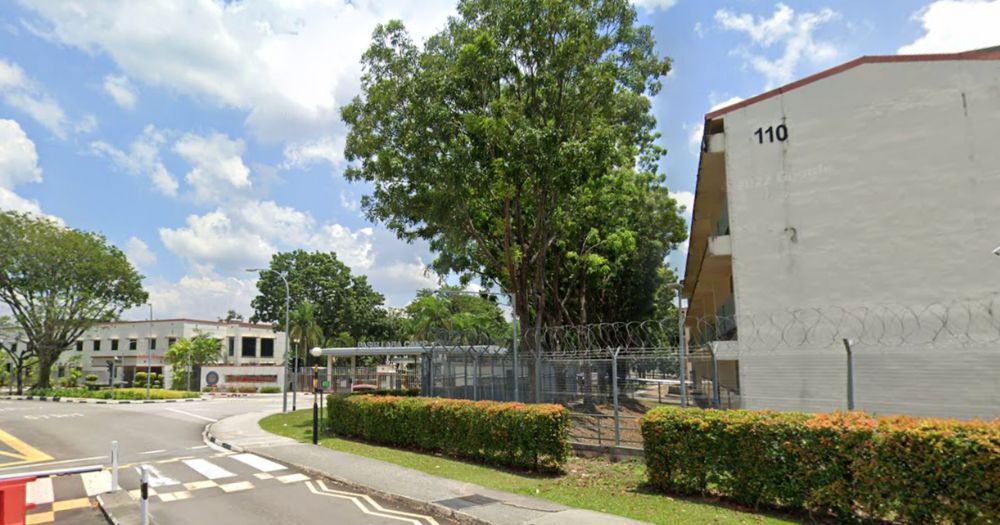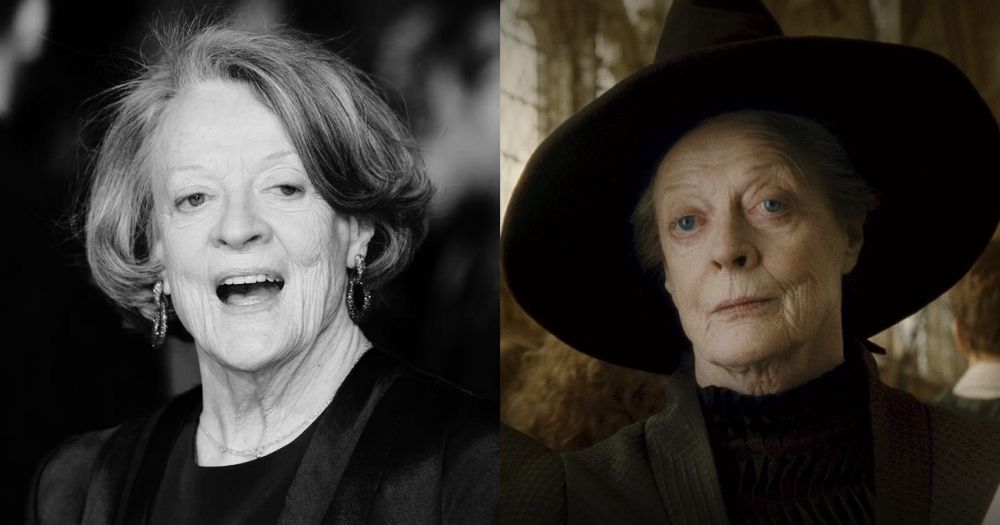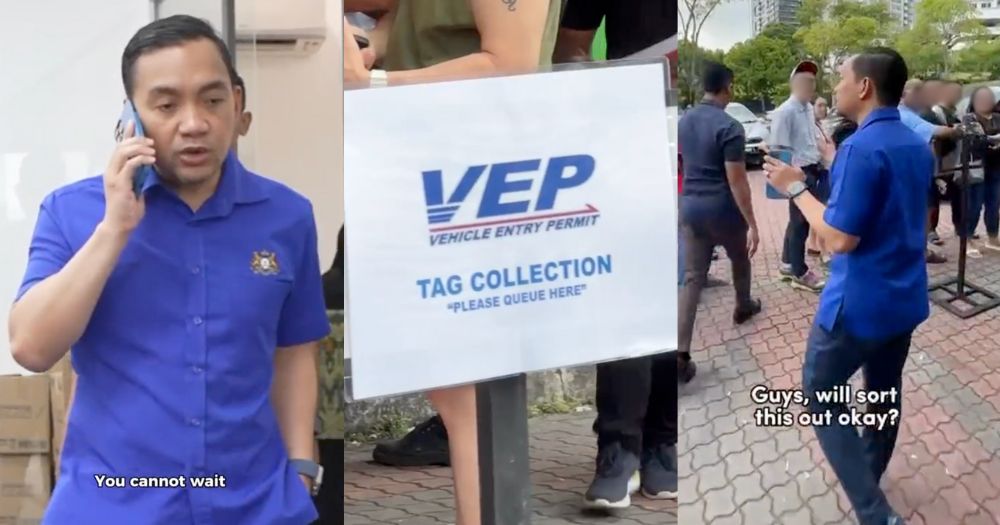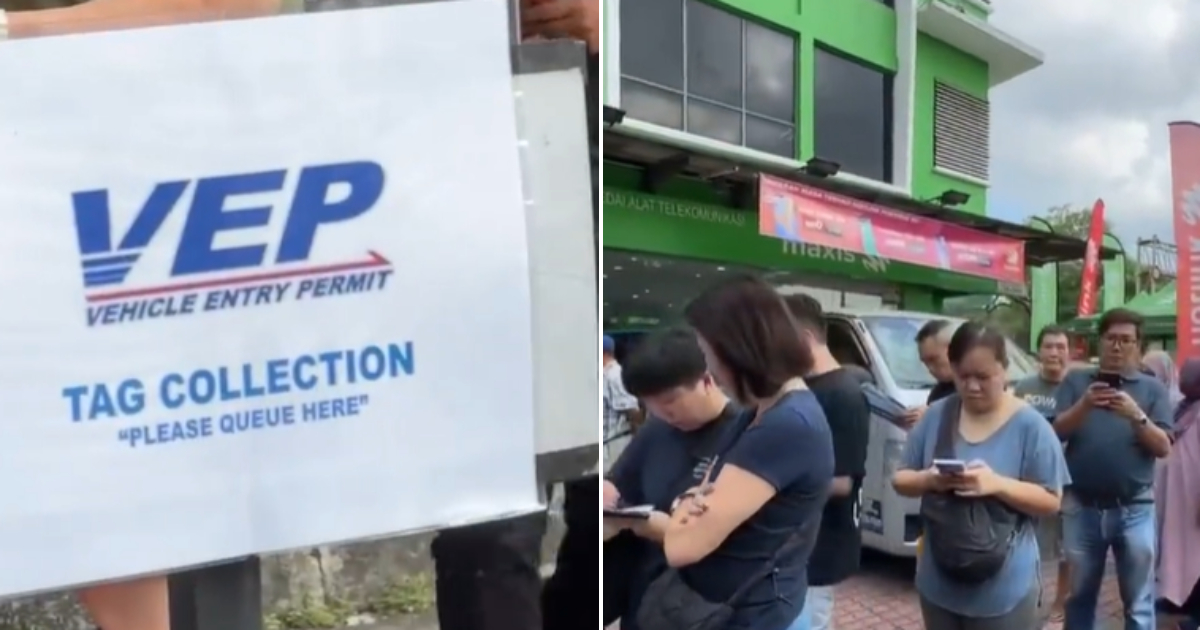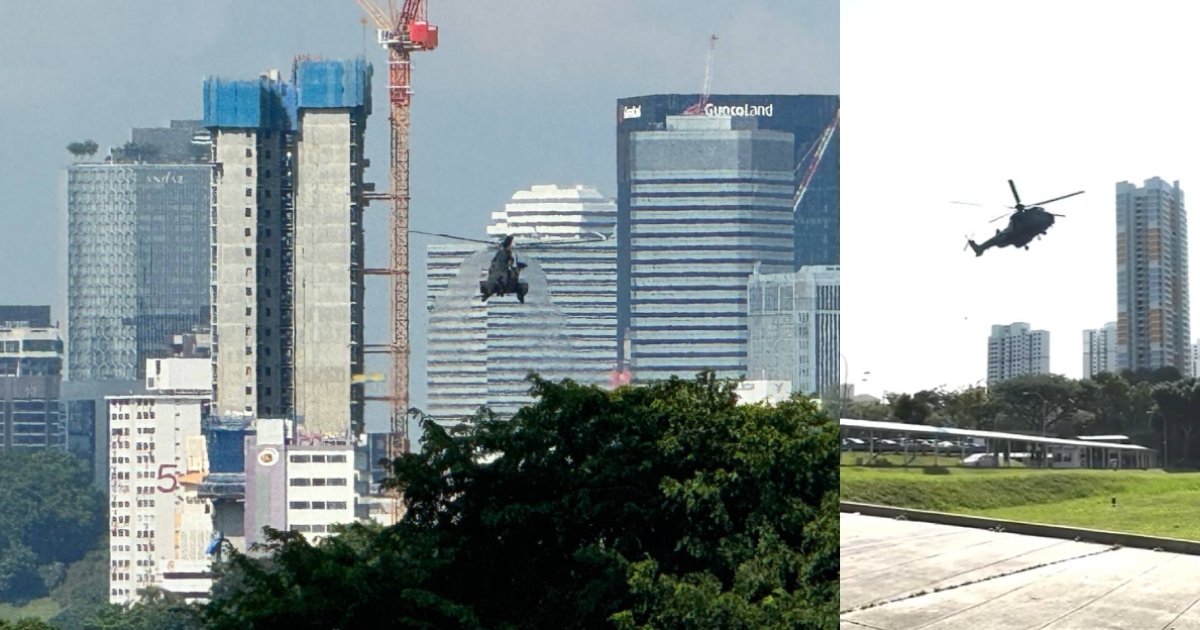70 HDB flat owners lose flats due to lease infringements from 2019 to 2023, 330 issued fines
Action was taken against a total of around 800 errant flat owners, with many given warnings.
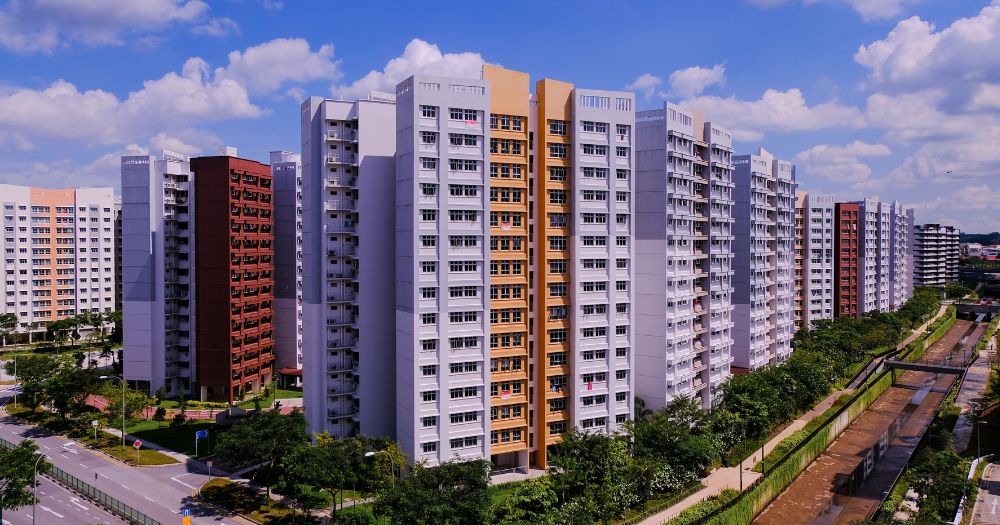
Action was taken against 800 errant flat owners for lease infringements in the last five years, from 2019 to 2023, according to statistics revealed by the Housing & Development Board (HDB).
Of which, compulsory acquisition action was initiated against around 70 cases for committing severe infringements.
Out of these cases, about 400 were issued written warnings, while around 330 were issued fines of up to $50,000.
The infringements include unauthorised renting out of HDB flats and bedrooms, non-occupation of a flat during the Minimum Occupation Period (MOP), and acquisition of interest in private property within MOP.
It was previously revealed in parliament that between 2017 and 2022, HDB had taken action against 53 owners for not occupying their flats, with 21 of them having their flats reacquired.
Detecting potential infringements
HDB said it takes a serious stance towards the infringement of HDB rules and regulations and will not hesitate to take action against errant flat owners.
Between 2019 and 2023, HDB conducted 29,000 routine inspections and investigated 4,400 feedback cases related to lease infringements.
To identify potential violations, HDB monitors flat advertisements, conducts routine inspections, and investigates public feedback and reports from property agents.
Reminder on Minimum Occupation Period
HDB reminded flat owners that they must physically occupy their flats during the MOP before selling or renting them out.
During the MOP, flat owners, their spouses, and authorised occupants are prohibited from acquiring any interest in local or overseas private residential properties.
To rent out the entire flat or bedroom(s) during or after the MOP, owners must obtain prior approval from HDB and comply with its terms and conditions.
If renting out bedroom(s), owners and authorised occupants must reside in the flat with the tenants throughout the rental period.
HDB emphasised that the MOP policy aims to keep public housing affordable and stable, discouraging speculative purchasing.
Flat owners facing genuine circumstances preventing them from occupying their HDB flat during the MOP can apply to HDB for waiver consideration, assessed on a case-by-case basis.
Renting out of HDB flats and bedrooms
HDB also reminds flat owners that when renting out HDB flats or bedrooms, owners must obtain HDB approval and register all occupants before the tenancy starts.
Owners renting out bedrooms must continue residing in the flat throughout the rental period.
HDB clarified that renting out a room while not residing in the flat is treated as renting out the entire flat, not just bedrooms.
Owners must also adhere to occupancy caps based on flat size.
Currently, up to four, six, and eight persons unrelated to the family unit are allowed in a one or two-room flat, three-room flat, and four-room or larger flat, respectively.
HDB added that flat owners who flout the rules or cause disamenities to the public might have their approval for rental revoked.
Prospective tenants must also meet the eligibility conditions and guidelines to rent the flat or bedroom(s).
For example, non-citizens must hold a valid Employment Pass, Student Pass, Dependent Pass, or Long-term Social Visit Pass.
Tourists are not allowed to rent an HDB flat/bedroom for short-term stay as the minimum rental period is six months.
Examples of flat owners losing their flat
Case 1:
In one example, HDB said they discovered a couple who had purchased a five-room BTO flat in 2015 but had not been occupying the flat.
HDB had received feedback from the public that the flat had been advertised for sale online, and the photographs contained in the advertisement showed that the flat was in a bare condition.
During the investigation, both flat owners admitted that they had not lived in the flat since the keys were collected.
Instead, they were staying at the wife’s parent’s landed property.
As the owners did not occupy the flat and had alternative accommodation, HDB compulsorily acquired the flat.
Case 2:
In another case, an owner who had applied for approval to rent out one bedroom in her flat was discovered to be renting out the entire flat.
She and her children had never lived in the flat since purchasing it in 2018.
Investigations revealed that she had bought the flat solely to generate rental income and did not need it for accommodation.
HDB then compulsorily acquired the flat.
Case 3:
In a third example shared by HDB, a man who had purchased an executive apartment with his wife in 2017 was found to have purchased a private residential property in trust for his son.
Flat owners are not allowed to acquire an interest in a private property within the 5-year minimum occupation period, which includes purchasing a property in trust for another person.
To help the man, HDB suggested that he either relinquish the trusteeship and transfer ownership of the private property to his father or sell the private property.
However, he informed HDB that he was not keen on either option and took no further steps to regularise the infringement, despite repeated reminders from HDB to do so.
Thus, HDB proceeded to compulsorily acquire the flat.
Enquiries and feedback
Members of the public can contact HDB for inquiries regarding HDB’s rules and regulations or to report suspected cases through the following channels:
- For enquiries on HDB’s rules and regulations
HDB Branch Service Line: 1800-225-5432
Monday to Friday, 8am-5pm
- For reports on suspected cases of infringement:
HDB’s dedicated hotline: 1800-555-6370
Monday to Friday, 8am-5pm
Top photo from Canva
MORE STORIES







